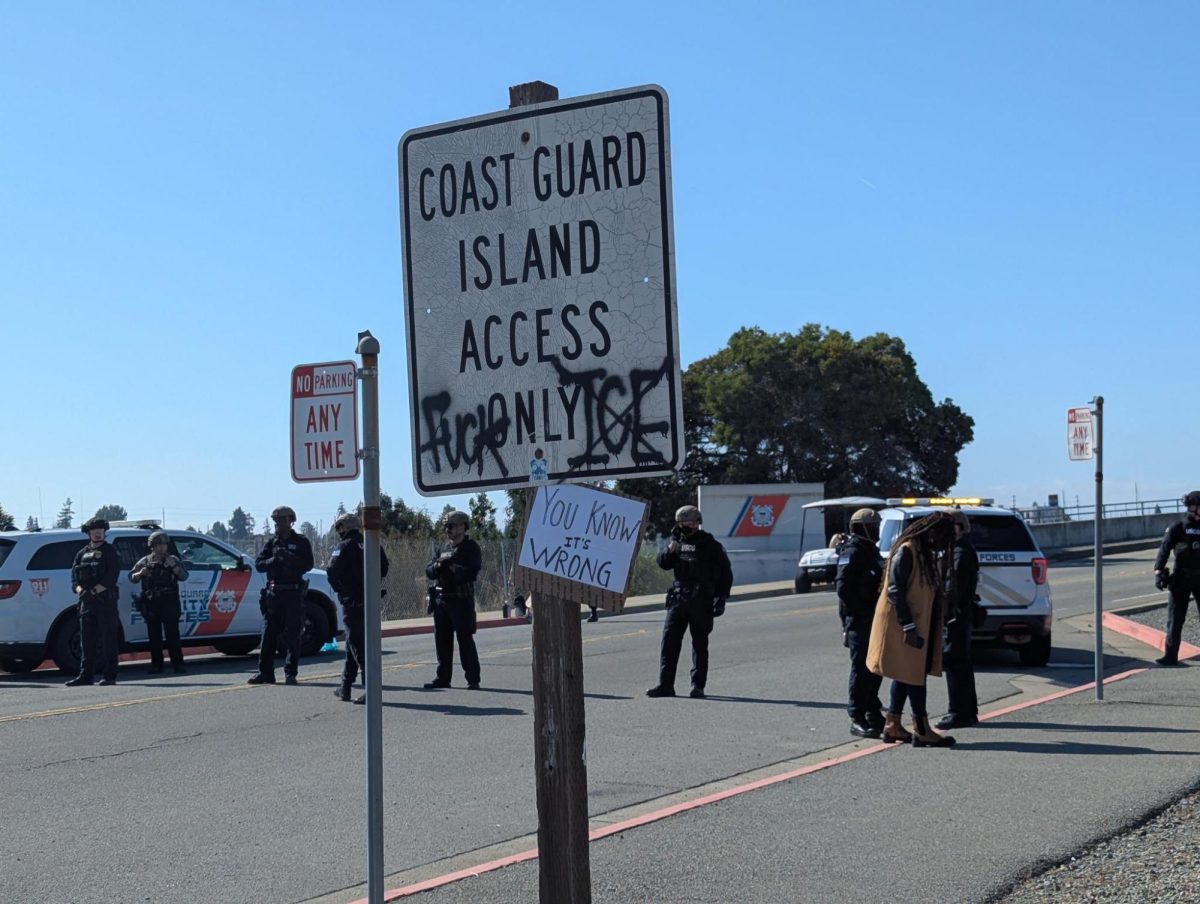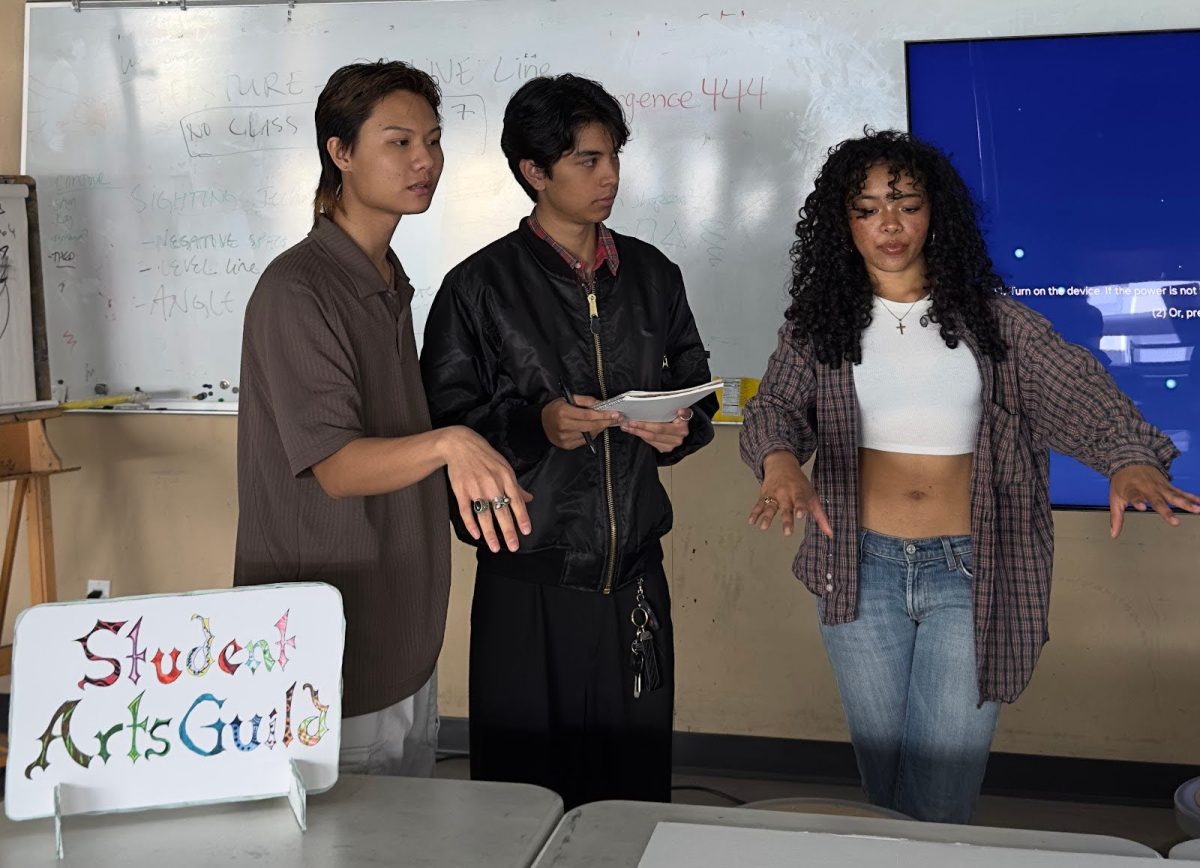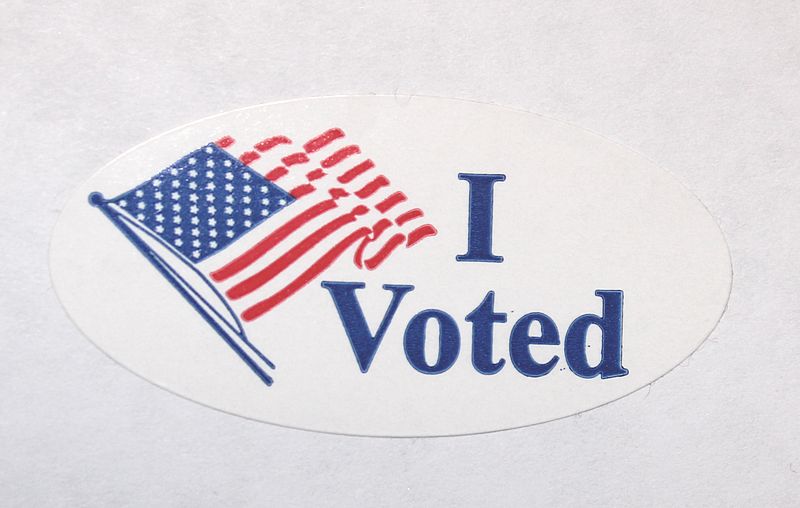If you’re reading this, chances are you live in California, a state composed largely of Democrats. For that reason, regardless of your political leaning, you may feel as though your vote doesn’t matter. This sentiment may be amplified if you feel dissatisfied with both candidates, or the system as a whole. The way the electoral college functions combined with California’s overwhelmingly Democratic leanings means you’re probably right; your vote won’t make or break the outcome of the presidential election. That doesn’t mean you shouldn’t go out and vote — here’s why.
The importance of voting for a president can be overstated if you don’t live in a swing state. So, you may be asking yourself, why fill out the ballot? The answer is local and state elections. The federal candidates actually compose a rather small portion of what’s on your ballot. On a statewide level, there are California propositions. These can be important to people interested in community colleges because they’re frequently concerned with tax rules that affect education funding, etc. It’s important to thoroughly research each proposition before casting your ballot. CalMatters, a nonpartisan, nonprofit news site that has super-helpful outlines of every proposition — including an objective explanation, pros, cons, and who didn’t and did endorse the proposition.
Then there are highly localized county elections. This is where your vote matters most. Due to the relatively small population of these counties, it’s imperative that everyone participates. County elections are also where Peralta is most directly involved. The ballot includes the candidates for the Peralta District Board. For this particular portion, it’s especially important for Oakland and Alameda residents to vote, because Area 1 is the only contested seat. Board members have immense power and influence over the Peralta district. They pass policies, approve budgets, approve projects and programs and hire admin. Even if you don’t have a personal stake in the Peralta district, the governing board still affects county budgeting and the local education environment, meaning it’s still important to vote. If not for yourself, then for your community.
Many groups in the United States fought hard for their right to vote. Still now, there are groups (such as prisoners and non-citizens) who do not have the right even though they very much have a stake in what’s going on in this country, often even more so than the average person. If you can vote, it’s your duty to do so. Apathy will do nothing to further your political aims, and makes no political statement. Voting and direct action are not mutually exclusive. You can vote in order to get someone in a higher position that will not act as a detriment to your cause and work from there. You can continue to protest, vote in local elections, and follow up with candidates to keep tabs on their progress.
Voting is a democratic process but it’s not all there is to democracy. Democracy simply means that you as a citizen have a say in the processes going on around you. Vote in local elections to have your say in education, public transportation, and the safety of your own community, and while you’re at it, you might as well choose a presidential candidate as well. The margin by which a president wins is an important factor in statistical comparison, even if a popular vote doesn’t influence the actual outcome. A result where one candidate wins by electoral college and the other by popular vote, thus misrepresenting the desires of the people, can fuel the desire to abolish such systems by providing concrete evidence for their pitfalls. Sitting at home does nothing at all. Democracy can be messy, yes. That doesn’t mean you should forfeit the voice you have.


























